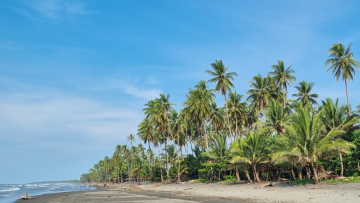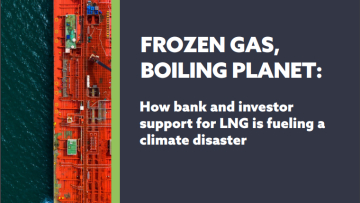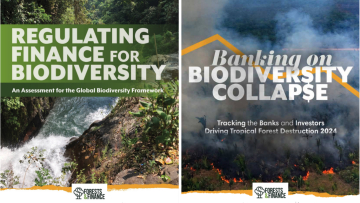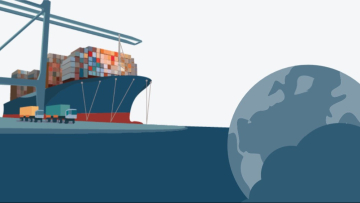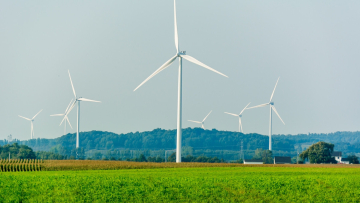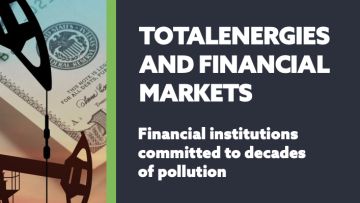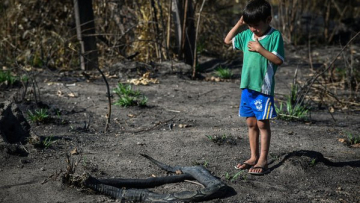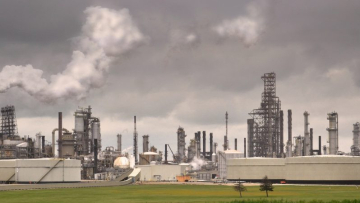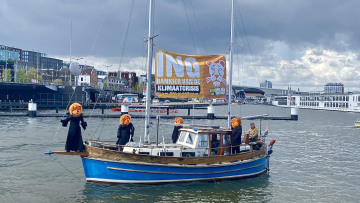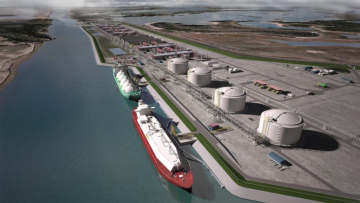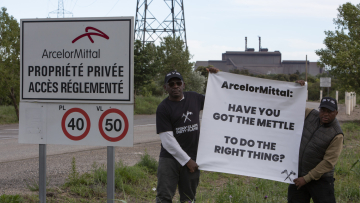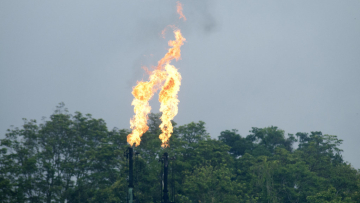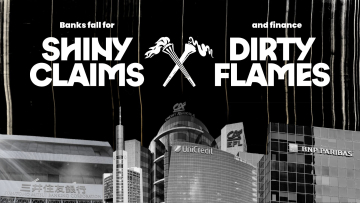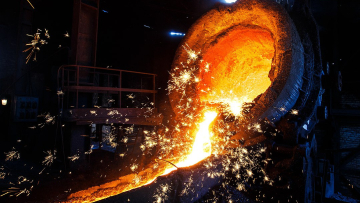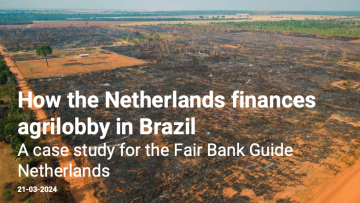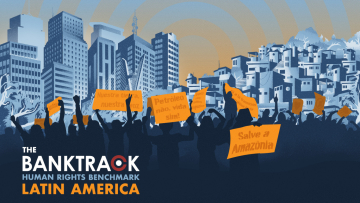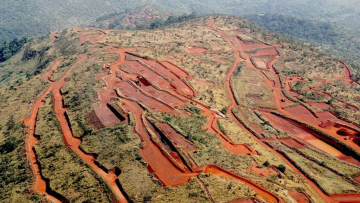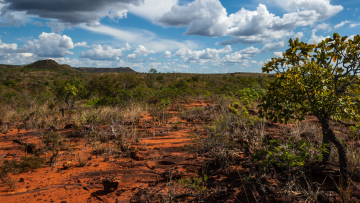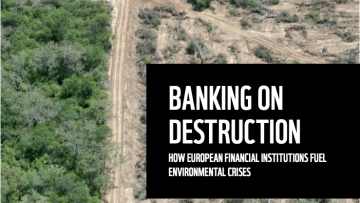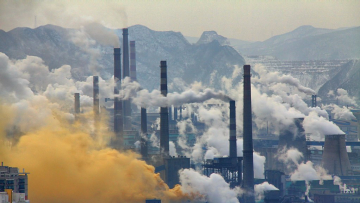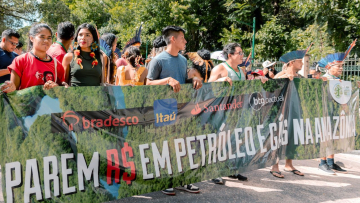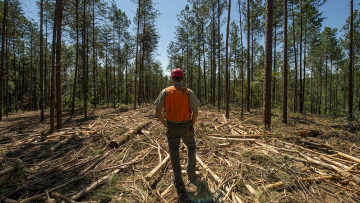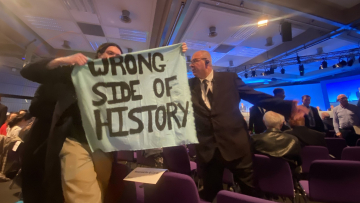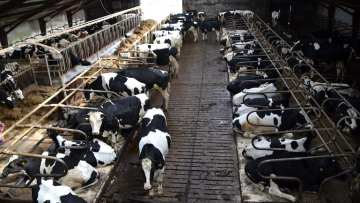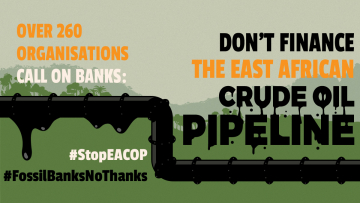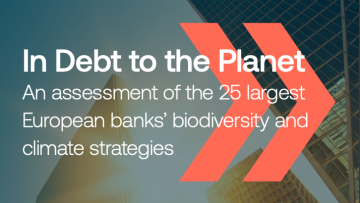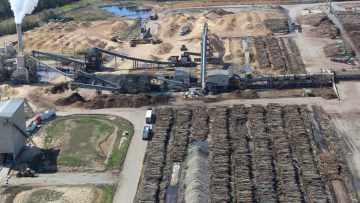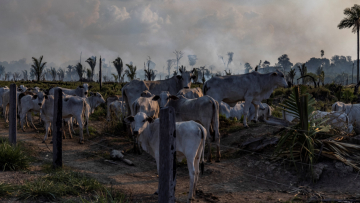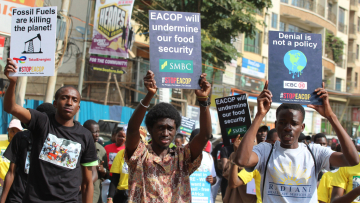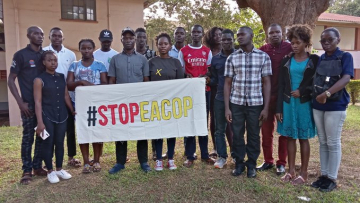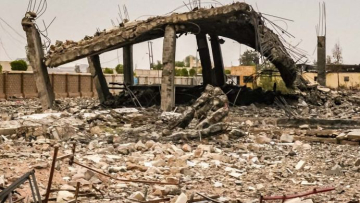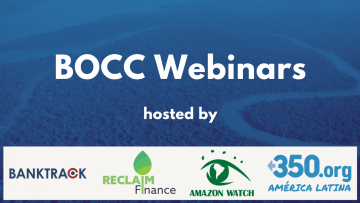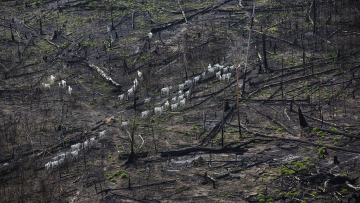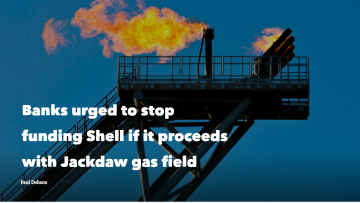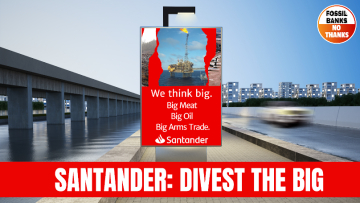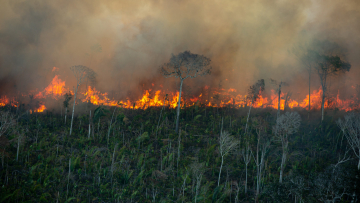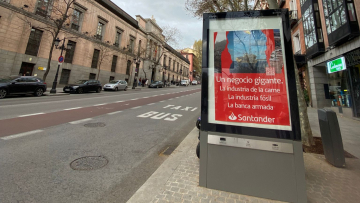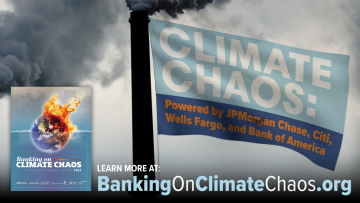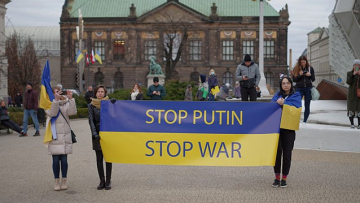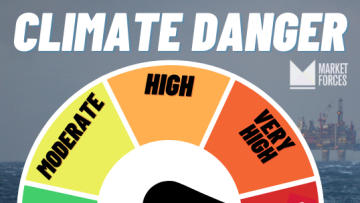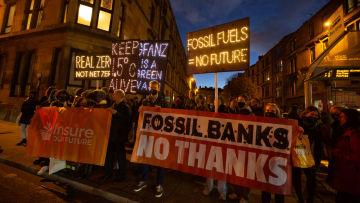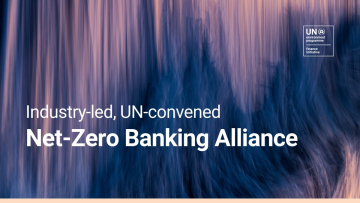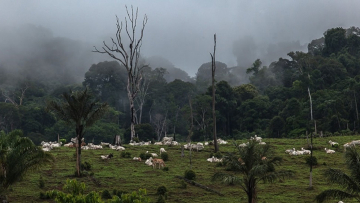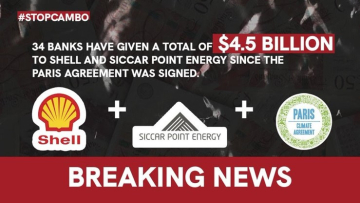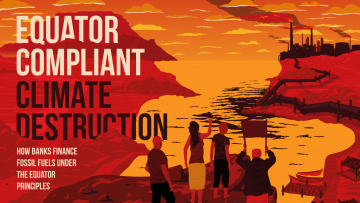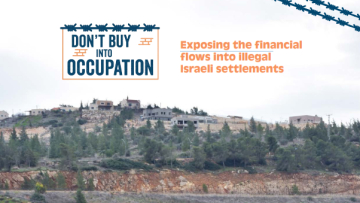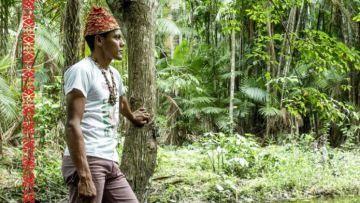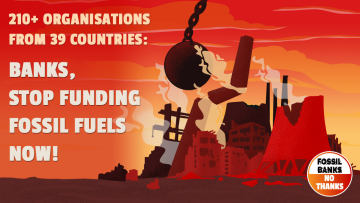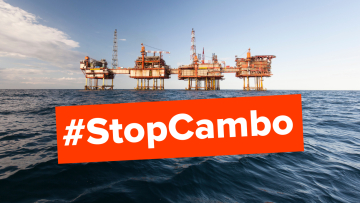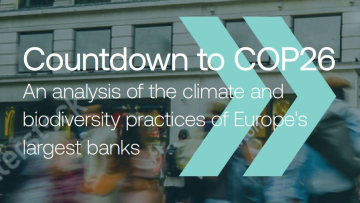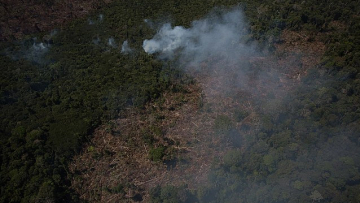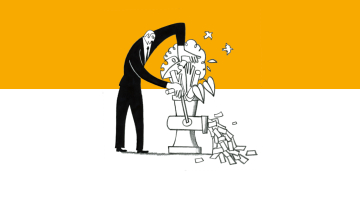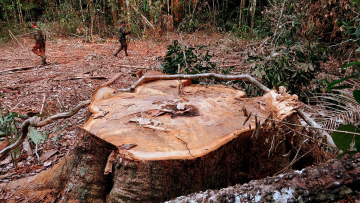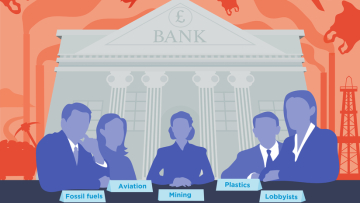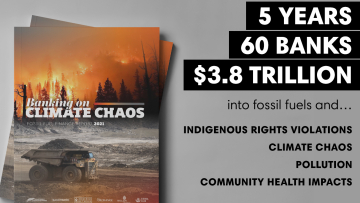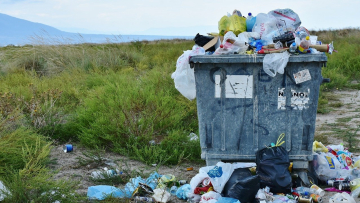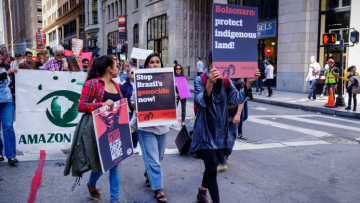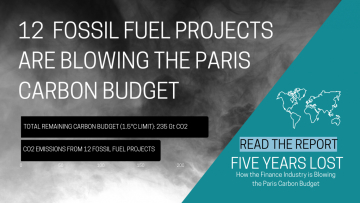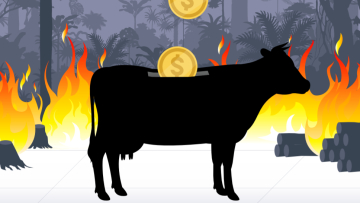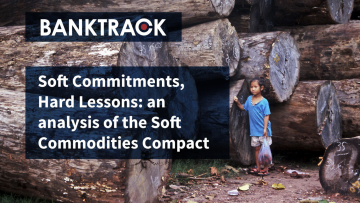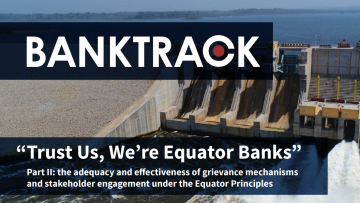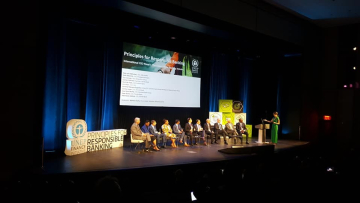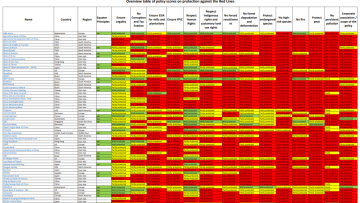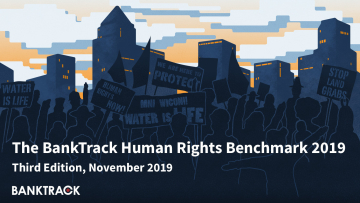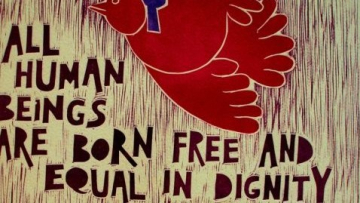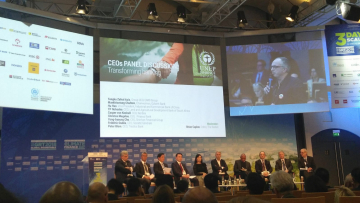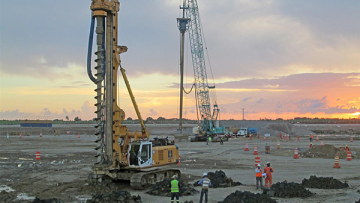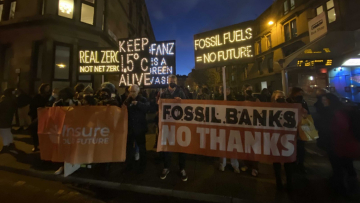
Active
This profile is actively maintained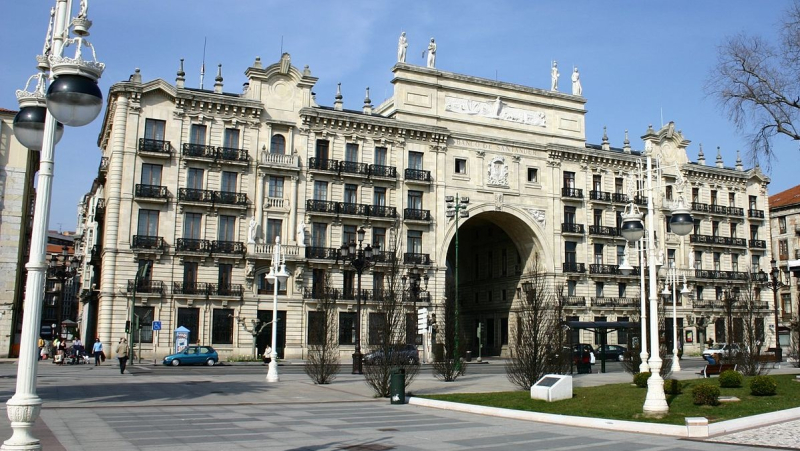
Active
This profile is actively maintained| Website | http://www.santander.com |
| Headquarters |
Santander Group City. Avda. de Cantabria s/n
28660 Boadilla del Monte, Madrid
Spain
|
| CEO/chair |
Héctor Grisi Checa CEO |
| Supervisor | |
| Ownership |
listed on Bolsa de Madrid, Borsa Italiana, Brazil Stock Exchange, London Stock Exchange & NYSE
Banco Santander's shareholder structure can be accessed here. |
| Subsidiaries |
Banco Popular Espanol – Spain
|
Banco Santander, founded in 1857, is a Spanish bank and the fifth largest bank in Europe in terms of assets. The bank has expanded since 2000 through a number of acquisitions and has operations across Europe, Latin and North America America and Asia. Together with its subsidiaries, it provides various retail and commercial banking products and services for both individual and business clients. In June 2017 Banco Santander acquired Banco Popular Español.
Santander's most important sustainability commitments can be found at the website sections listed below.
Links
Banco Santander is linked to a number of companies and projects that BankTrack considers controversial (so called Dodgy Deals), e.g. as a current or past financier or through an expression of interest. The profiles below provide more details on the nature of Banco Santander's link to these deals.
Banco Santander does not operate a complaints channel for individuals and communities that may be adversely affected by its finance.Stakeholders may raise complaints via the OECD National Contact Points (see OECD Watch guidance).
Banco Santander is an Equator Principles signatory. While the Equator Principles have no official grievance mechanism, complaints relating to this bank's financing of Equator Principles projects can be filed through our own website www.equator-complaints.org.
This page evaluates Banco Santander's responses to instances of alleged human rights violations linked to its finance, raised by civil society organisations. It is not intended to be exhaustive, but covers selected impacts raised by BankTrack and other civil society partners since 2016. For the full scoring methodology, see here. For more information about BankTrack's evaluation of bank responses to human rights impacts, see the 2021 report "Actions speak louder: assessing bank responses to human rights violations".
Following the bank's response: The bank has not provided details on how it monitored the progress of specific companies or how the bank monitored the impact on rights-holders involved in raising the issue with the bank of its own action of updating the Agriculture sector policy. Therefore, the score remains unchanged.
Banks and Climate
The 2024 Banking on Climate Chaos report showed that Banco Santander provided US$ 79.881 Billion in financing to the fossil fuel industry between 2016 and 2023. In 2023 only, Banco Santander provided US$ 9.677 Billion for oil, gas and coal companies expanding fossil fuels. Find further details on Banco Santander fossil fuel portfolio and how it compares to other large banks globally on Fossil Banks No Thanks and in the Banking on Climate Chaos report.
Partner organisation Reclaim Finance tracks the coal, oil and gas policies of financial institutions, including banks, in their Coal Policy Tool (CPT) and the Oil and Gas Policy Tracker (OGPT). BankTrack works closely with Reclaim Finance and endorses their policy assessments. Find further details on their assessment of Banco Santander’s fossil fuel policy below.
False Solutions Tracker
The purpose of the False Solutions Tracker is to give a clear overview of energy technologies that fall under banks' individual sustainable finance commitments. The tracker lists 11 energy technologies that are usually associated with the energy transition and the decarbonisation of the economy. These technologies are defined here and classified in three categories:
-
Real solutions: Technologies that deliver on a Just Transition towards Energy Democracy. BankTrack considers these technologies as real solutions only if and when they do deliver Energy Democracy.
-
Solutions under strict conditions: Energy technologies that could be real solutions if they deliver on a Just Transition towards Energy Democracy but that could also be false solutions. This is the case of hydrogen and hydropower. On one hand, fossil-free and green hydrogen could be a real solution under certain conditions. However, fossil-based hydrogen and nuclear hydrogen are always false solutions. On the other hand, hydropower lifespan extension could also be a real solution under strict conditions while hydropower expansion is a false solution.
-
False solutions: Energy technologies that are not aligned with a just transition towards Energy Democracy.
For each one of the 11 energy technologies, the tracker indicates if it is included in bank's individual sustainable finance commitments:
For Real solutions:
- : Yes, the bank includes its finance towards this energy technology in its sustainable finance reporting.
- : Yes, the bank includes its finance towards this energy technology in its sustainable finance reporting, but under certain conditions. In this case, those conditions are mentioned in the "relevant policy document" section for each bank.
- : No, the bank does not include its finance towards this energy technology in its sustainable finance reporting.
- : It is unclear whether the bank includes or not its finance towards this energy technology in its sustainable finance reporting.
For solutions under strict conditions and for false solutions:
- : Yes, the bank includes its finance towards this energy technology in its sustainable finance reporting.
- : Yes, the bank includes its finance towards this energy technology in its sustainable finance reporting, but under certain conditions. In this case, those conditions are mentioned in the "relevant policy document" section for each bank.
- : No, the bank does not include its finance towards this energy technology in its sustainable finance reporting.
- : It is unclear whether the bank includes or not its finance towards this energy technology in its sustainable finance reporting.
Banks and Human Rights
BankTrack assessed Banco Santander in its 2024 Global Human Rights Benchmark, where it achieved 5 points out of 15 and was ranked as a “follower”.
The bank scored 1 out of 3 points on the new “specific rights indicators”, which assess how banks address human rights defenders, Indigenous Peoples’ right to Free, Prior and Informed Consent and environmental rights in their policies and practices.
In addition, Banco Santander scored 0 out of 3 on how it responds to alleged human rights violations linked to its finance, which were raised by civil society organisations. More information is detailed in the “Accountability” section of this profile.
The table below shows BankTrack's assessment of how Banco Santander has implemented the UN Guiding Principles on Business and Human Rights. Please click on 'expand all details' and 'explanation' for further information on the methodology.
Our policy assessments are always a work in progress. We very much welcome any feedback, especially from banks included in the assessments. Please get in touch at humanrights@banktrack.org.
BankTrack assessed Santander in its 2024 Human Rights Benchmark Latin America, part of the series of BankTrack's Regional Benchmarks, where it achieved 4.5 points out of 14 and was ranked as a "follower".
Human Rights Benchmark Latin America 2024
Global Human Rights Benchmark 2022
Global Human Rights Benchmark 2024
Banks and Nature
Santander’s policies for forest-risk sectors (beef, soy, palm oil, pulp and paper, rubber and timber) have been assessed by the Forests & Finance coalition, achieving an overall score of 3.6 out of 10 and ranking it as a follower. Santander achieved a score of 3 out of 10 specifically for its policies related to the beef sector and 6.8 out of 10 for its policies related to the palm oil sector. In addition, BankTrack and the Environmental Paper Network have assessed Santander’s policies related to the pulp and paper sector.
Between 2016 and 2022, Santander provided USD 11,086 million in credit to companies operating in these forest-risk sectors and held investments amounting to USD 29 million as of 2022.
BankTrack has also assessed Santander’s policies related to the wood biomass sector and found that while it does mention biomass in its policy, it refers to it as a source of renewable energy and does not exclude it from finance. For more information, see the links below.
Forest & Finance Policy Assessment 2022: Overall scores
A bank can obtain a total of 10 points for the quality of its policies. The total score is based on their scores per sector, weighted against their financing and investment for each sector. For further details on this see here. Based on their overall score, banks are then classified as Laggards, Followers, Front runners or Leaders, as follows:
Forest & Finance Policy Assessment 2022: Beef
A bank can obtain a total of 10 points for the quality of its beef policy. The total score is based on their scores per sector, weighted against their financing and investment for each sector. For further details on this see here. Based on their overall score, banks are then classified as Laggards, Followers, Front runners or Leaders, as follows:
Forest & Finance Policy Assessment 2022: Palm Oil
A bank can obtain a total of 10 points for the quality of its palm oil policy. The total score is based on their scores per sector, weighted against their financing and investment for each sector. For further details on this see here. Based on their overall score, banks are then classified as Laggards, Followers, Front runners or Leaders, as follows:
Tracking the Net Zero Banking Alliance
Banco Santander is a member of the Net Zero Banking Alliance (NZBA) and has therefore committed to reduce its financed emissions to net zero by 2050; within 18 months of joining the alliance set interim targets for 2030 (or sooner) for high emission priority sectors, and within 36 months set further sector targets; set new intermediary targets every 5 years from 2030 onwards; annually publish data on emissions and progress against a transition strategy including climate-related sectoral policies; and take a robust approach to the role of offsets in transition plans. BankTrack track's implementation of these commitments in the NZBA compliance tracker.
Banks and Russian Aggression in Ukraine
BankTrack is keeping track of the public response of Banco Santander to Russia's illegal invasion of Ukraine. Banco Santander has publicly condemned the war. Banco Santander is considered by Leave-Russia.org to be "withdrawing" from Russia. We consider its exposure to Russia as limited. Banco Santander does not support the Russian fossil fuel industry. For further details, see the table linked below.
Banks and Steel
As part of the Net Zero Banking Alliance (NZBA), Santander is required to set interim targets for 2030 for high emission priority sectors. For Santander, this includes its lending to the steel sector. You can see Santander’s iron and steel decarbonisation targets, and its progress towards meeting them in our NZBA steel targets compliance tracker:
Partner organisation Reclaim Finance’s 2023 report on metallurgical coal financing showed that Santander provided US$ 3.7 billion in loans and underwriting to developers of new metallurgical coal between 2016 and 2022. Find further details on Santander’s metallurgical coal financing and and how it compares to other large banks globally in the report.
Reclaim Finance tracks the metallurgical coal policies of financial institutions, including banks, in their Coal Policy Tool. BankTrack works closely with Reclaim Finance and endorses their policy assessments. Find further details on their assessment of Santander’s metallurgical coal policy below.
According to a reportby Reclaim Finance, between 2016 and June 2023, Santander provided $4.4 billion in finance to the fossil-steel industry, making it the 32nd largest financier worldwide. Find further details on Santander's steel financing and how it compares to other large banks globally in the report.


